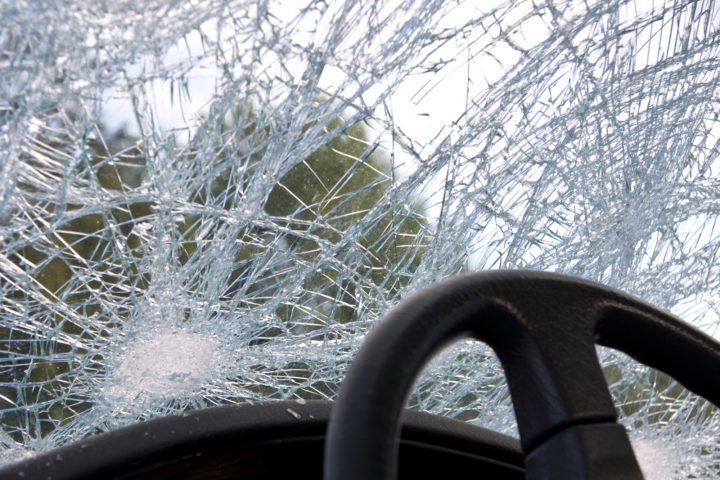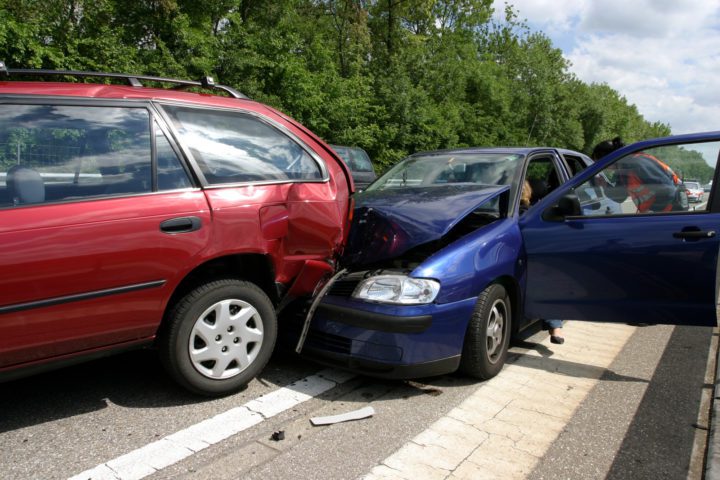Understanding Medical Liens in Car Accident Claims
Medical liens are a common aspect of car accident claims in New Orleans, providing a means for healthcare providers to secure payment for services rendered to accident victims. Under Louisiana Revised Statute 9:4752, healthcare providers, including doctors, hospitals, and ambulance services, can place a lien on a personal injury settlement or judgment to recover reasonable charges for treatment related to the accident. However, for a lien to be enforceable, providers must follow specific procedures, such as sending proper notice and providing an itemized statement upon request. Failure to adhere to these requirements can render the lien ineffective.

Image from Depositphotos
Understanding Medical Liens in Car Accident Claims
Navigating these liens can be complex, especially when multiple entities, such as Medicare, Medicaid, or private insurers, are involved. Engaging a New Orleans car accident lawyer from Scott Vicknair can provide the necessary expertise to manage these challenges effectively. They understand the intricacies of Louisiana's lien laws and can ensure that any liens asserted against your settlement are valid and properly negotiated. Their guidance helps protect your rights, ensuring you receive the compensation you deserve without unexpected financial burdens.
What Are Medical Liens?
A medical lien is a legal right or claim against a settlement or judgment awarded from a personal injury lawsuit. For example, a healthcare provider may place a lien in car accident cases to ensure they will be paid for the services provided. The ultimate goal is to ensure that medical bills are paid from any financial recovery the injured party obtains.
How Medical Liens Work
If a patient is treated for injuries after a car accident, healthcare providers may treat the patient without direct payment at the time of service. Instead, they place a lien, hoping to get paid from the final settlement. Such an arrangement ensures patients receive the required care without delay, even if they do not have funds or a full insurance coverage plan. After you settle your case, they are paid from the settlement amount before you receive it. This ensures that healthcare providers are compensated; the remaining amount goes to the injured person.
Health Insurance Support After Accidents
After an accident, health insurance can help deal with medical costs. It might limit the immediate financial impact on individuals, as insurers may cover initial treatments. Yet, they might claim a lien to cover their expenses, which will be paid if and when the victim receives compensation. Not all policies cover all expenses, and you will likely face out-of-pocket costs. Hence, you must understand the terms of your insurance policy.

Image from Depositphotos
Negotiating Medical Liens
Liens can be negotiated, where healthcare providers agree to take a lower amount, leaving more money for the injured party. Attorneys have experience negotiating with lien holders, and they can help understand the basis for the lien holder's assessment and argue why the rate should be lowered. Hence, hiring a car accident lawyer is crucial while dealing with claims.
Legal Considerations
Acknowledging the legal factors involved in medical liens is essential. Laws regarding these liens, including their priority of payment and negotiability, vary by jurisdiction. Legal counsel can assist in navigating such regulations and protecting financial interests. This also changes the filing deadline for medical liens. Healthcare providers need to follow these timelines to support their claims. This situation affects distributions of settlement funds because an expired lien could lose its status as a legal lien in certain situations.
Impact on Settlements
Liens can affect the full recovery from a settlement and bring down the total payment to the injured party. Success in negotiating these liens can help injured parties maximize their share of the settlement and secure compensation for pain and suffering and other damages. Victims must know about every single lien before they settle. These laws guide financial planning and ensure everyone gets their fair share.
What to Do After a Car Accident
You can do a few things to minimize medical liens and prevent them from being imposed after a car accident. First, medical help may be necessary. Detailed notes of an injury and its treatments are key evidence for any future claim that may be pursued. Second, keeping accurate records of all medical bills and correspondence is essential. This documentation can back up negotiations and validate lien assessments.
Communication Matters
Medical liens are delicate matters for insurance adjusters managing cases, but a balance is best reached through open communication with healthcare providers. Letting them know if there are any outstanding claims and possible settlements will encourage cooperation. Moreover, learning about their payment expectations can also help avoid miscommunication and disputes. Ask insurers what they will be paying for in terms of treatment. Understanding what they will cover and what could be subject to a lien will help with financial planning and decision-making.

Image from Depositphotos
Understanding Medical Liens in Car Accident Claims
If you are handling the post-accident process for the first time, it helps to have some knowledge of medical liens in car accident claims. Liens can considerably reduce the settlement amount a victim receives. Staying aware allows you to control your medical bills and ensure adequate compensation. Consulting with a legal professional and communicating sincerely with all parties involved in a car accident case can help ease things.






